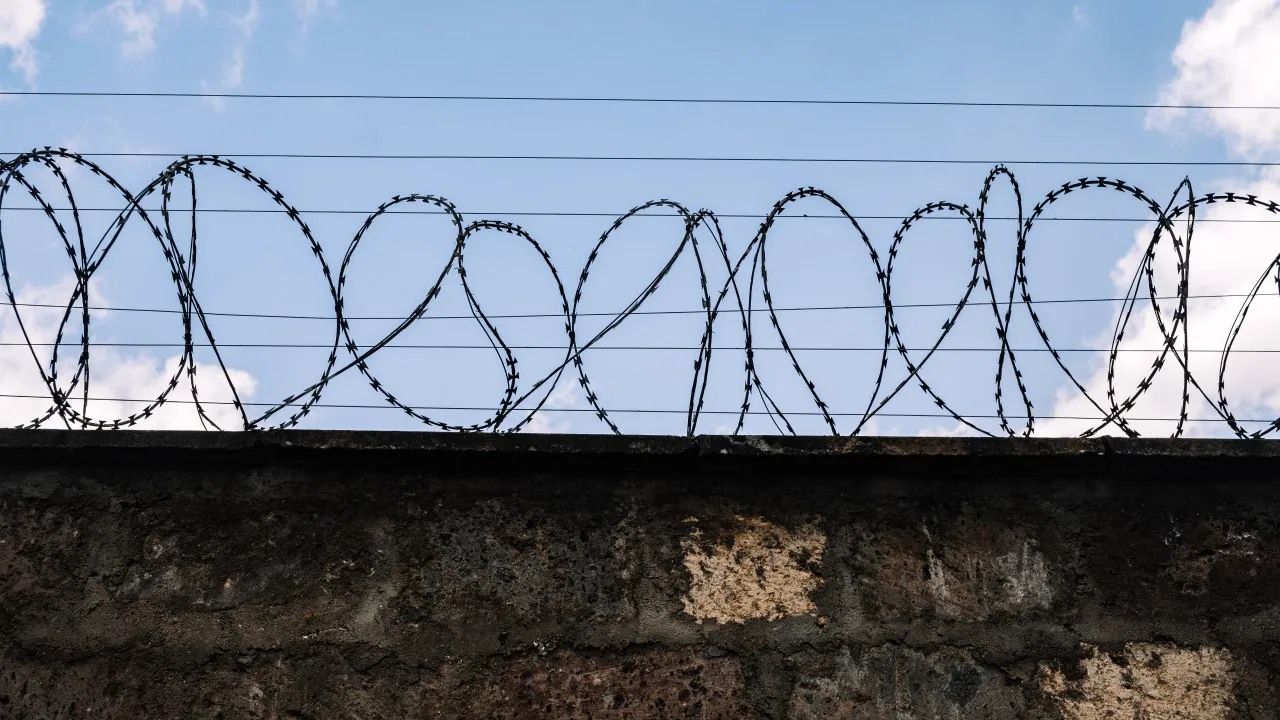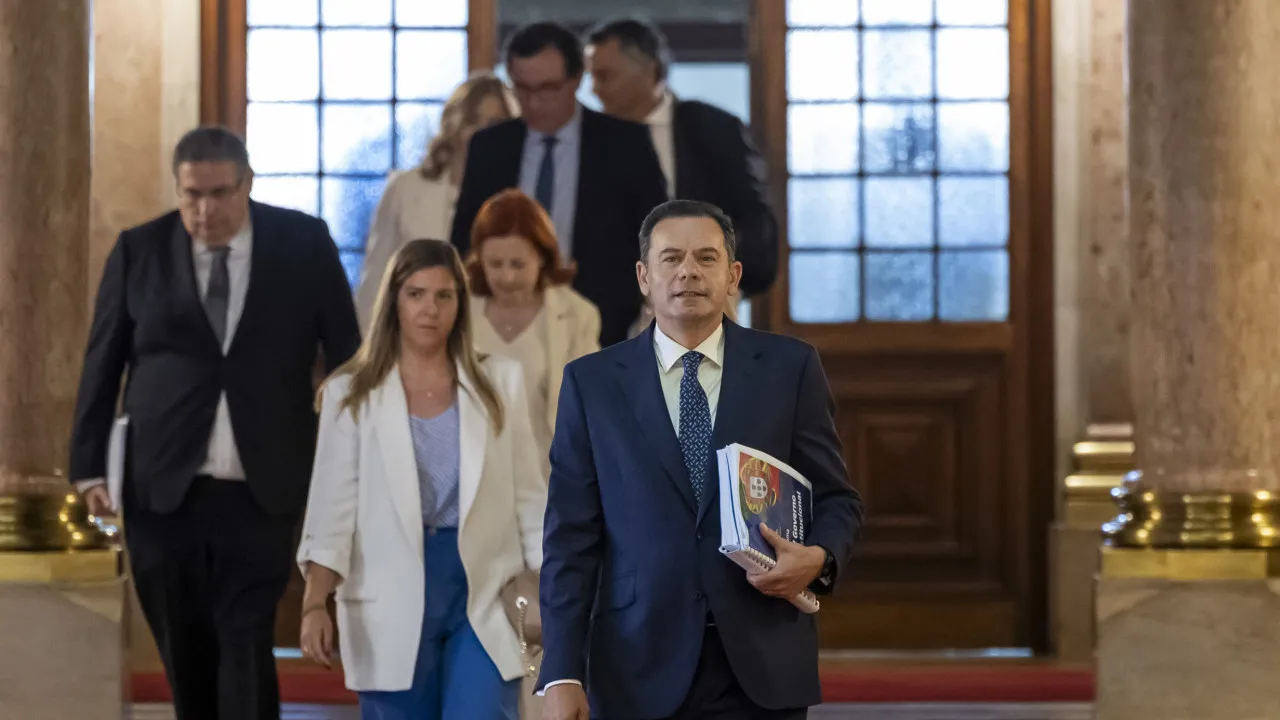
Technicians from the Directorate-General for Reintegration and Prison Services (DGRSP) carried out a strike on overtime work, using essential services, from January to the end of June. They had considered ending the strike if the promise of a career review in the first half of the year was fulfilled, which did not occur.
In statements to the press, Miguel Gonçalves, president of the Union of Technicians of the Directorate-General for Reintegration and Prison Services (SinDGRSP), announced today that if negotiations do not commence with the Ministry of Justice by July 31, a “total stoppage” will be enacted, along with demonstrations in Lisbon and other cities across the country to bring attention to the situation.
Miguel Gonçalves also noted that before deciding on this new overtime strike, the union “paused” to allow the new government to take office, now considering that “this period was more than sufficient” and that if negotiations are not reopened by the set deadline, “the forms of struggle will be intensified.”
This new strike aims to initiate and schedule the review and salary enhancement of these technical careers, ensure payment of supplements (Burden, Risk, and Hardship) to all workers, continue opening promotion competitions for unrevised careers and competitions for technical coordinators, increase human resources across all technical careers, and improve security conditions for professional practice.
The SinDGRSP’s overtime strike includes Professional Social Reintegration Technicians (TPRS), Senior Social Reintegration Technicians (TSRS), Senior Reeducation Technicians (TST), and Senior Technicians (TS), as well as Technical Assistants (AT) from the DGRSP.
The union assures that during this new overtime strike, “the security and maintenance of equipment and facilities are ensured within the scope of essential services whenever justified.”
Miguel Gonçalves justifies the strike due to low salaries, with technicians earning the national minimum wage, and a lack of professionals, exceeding two hundred across all careers, with a more acute shortage in the professional social reintegration technician (TPRS) career, which lacks over 100 professionals.
The union leader who called for the stoppage recalls that the two recruitment competitions — internal and external — to hire about a hundred technicians held in August received only 10 applications, with the professional shortage issue worsening due to technicians leaving the career out of dissatisfaction with conditions.
Despite the lack of resources, prison service technicians were recently faced with an increase in duties, having been assigned the responsibility of supervising domestic violence victims through electronic surveillance, something Miguel Gonçalves stated is impossible to accommodate with existing staff.
In October 2024, the reintegration technicians’ union filed a complaint with the European Court of Human Rights for the absence of career review mandated by law since 2008, alleging labor and salary rights violations.
The issue concerns the law regulating public workers’ careers from 2008, which stipulated a review of the careers of senior social reintegration technicians, senior reeducation technicians, and professional social reintegration technicians within 180 days after the law’s publication, which never took place.




